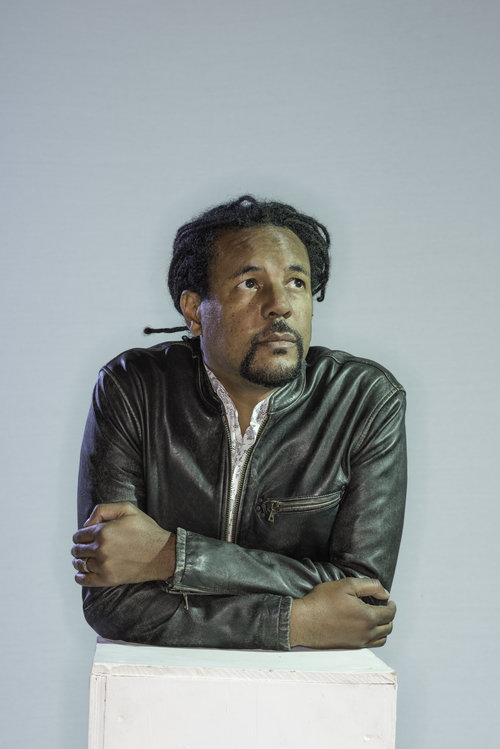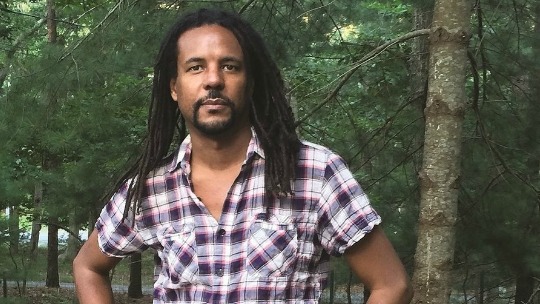“Even in death the boys were trouble.”
Those seven words open “The Nickel Boys,” the latest novel from Colson Whitehead, who won an Anisfield-Wolf Book Award in 2004 for “John Henry Days,” a time-traveling story that John Updike declared “refreshes our sense of the world.”
In the books that followed, Whitehead, now 49, has consistently delivered on Updike’s phrase – culminating in 2016’s “The Underground Railroad,” in which he places an actual time-traveling railroad beneath the country’s soil to wend its way from the days of slavery through the nation’s tortured history.
Now Whitehead arrives at a new milestone. He is the first writer since August 2010 to grace the cover of Time magazine, profiled by novelist Mitchell S. Jackson under the headline “America’s Storyteller.” The profile is timed to the publication of “The Nickel Boys” July 16.
Nine years ago, the Time cover headline was “Great American Novelist,” printed across the left shoulder of Jonathan Franzen.
In the laudatory new magazine profile, Whitehead is quoted saying that he followed his first novel, “The Intuitionist,” about a Manhattan elevator inspector, with “John Henry Days” wanting this second book “to be more expansive and have many different voices, a big American chorus. ‘John Henry Days’ is very unruly, like the country itself.”
Jesmyn Ward, who won her Anisfield-Wolf Book Award for “Sing, Unburied, Sing,” was a juror for the National Book Awards in 2016 when it selected “The Underground Railroad” as the novel of the year.
“I had never read anything with an enslaved person as its main character where I really felt that sense of dread, claustrophobia and the narrowing of choices,” Ward told Time. “I felt the book could be a breakthrough experience for some people.”
One month after the book’s publication, Whitehead read from its pages in Cleveland at the Maltz Center as part of the Skirball Writer’s Center Stage series. As the author flipped seamlessly from Brooklyn hipster patter to pulling sentences directly from the novel, some listeners were audibly shocked.
Whitehead – who was called “Chipp” as a kid – switched over to Colson when he was 21. Time reports that “he learned only a few years ago that Colson, the name of his maternal grandfather, was also the name of an enslaved Virginia ancestor who purchased his and his daughter’s freedom.”
The writer’s resonance with history extends to his everyday conduct. While visiting the Langston Hughes House in Harlem, Whitehead carefully hung his coat in the hallway before the program director’s tour. “I didn’t want to disrespect Langston’s house,” he told Mitchell Jackson later.
The new novel, “The Nickel Boys,” was “inspired by the story of the Dozier School for Boys in Marianna, Florida,” Whitehead writes in his acknowledgments. He credits reporter Ben Montgomery’s series in the Tampa Bay Times and University of South Florida’s Dr. Erin Kimmerle’s forensic studies of the school’s unmarked graves. And he directs readers to their websites.
Whitehead told Time that this new book is “about places with no accountability. That dynamic between the powerful and the helpless, where our worst impulses can be let loose.”
The school, notorious for its abuses, closed only in 2011. Jackson writes that “The Nickel Boys,” set in the 1960s, presents an honest story “about the human capacity to outlast the terrors of injustice.”
The subhead on the Time Magazine cover is “By Mining the Past, Colson Whitehead Takes Readers Into An Uneasy Present.”



